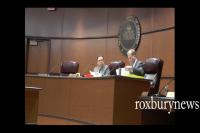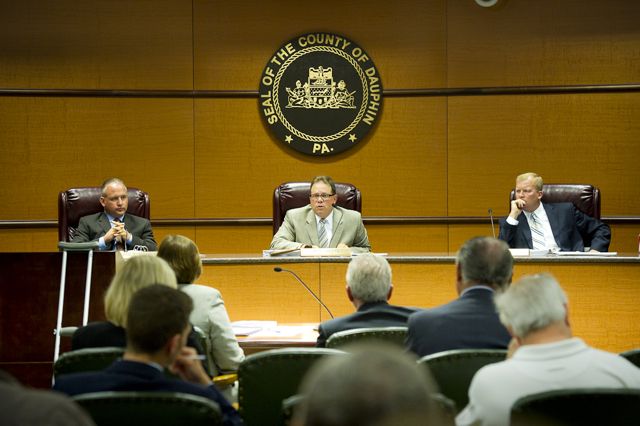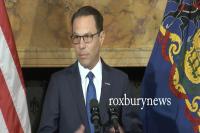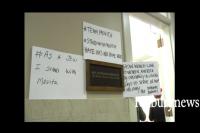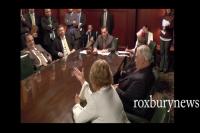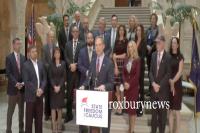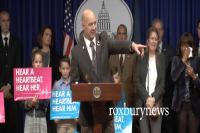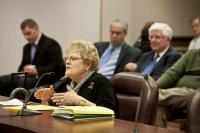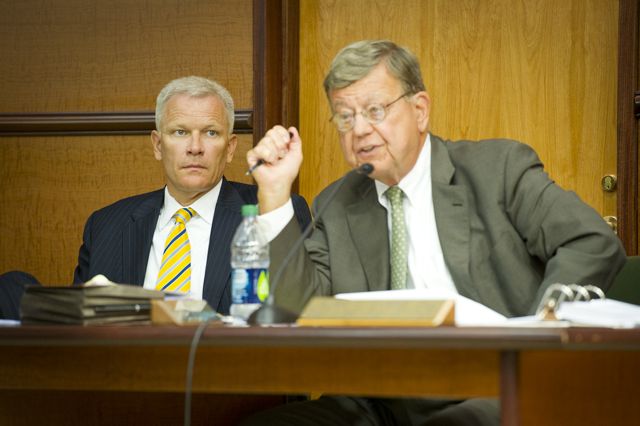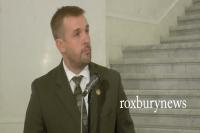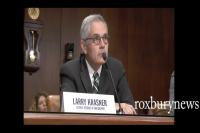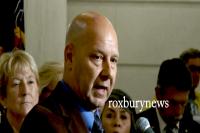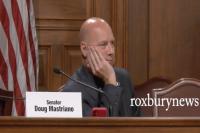As released by the Office of Representative Mike Turzai:
Charter and Cyber Charter Funding Reforms Proposed: Every school district will save tax dollars if enacted
HARRISBURG – The House Republican Caucus today unveiled a legislative package aimed at reforming charter and cyber charter school funding.
"Pennsylvania’s charter schools and cyber charter schools have generally worked well and have benefitted many Pennsylvania families, particularly those students in low-performing school districts,” Rep. Mike Reese (R-Fayette/Westmoreland) said.
"Our goal in developing this package was simple: to propose fair and responsible changes to charter school funding while preserving parental options for our Commonwealth’s students." "Every school district in the Commonwealth can save money under this plan and lessen the burden on property taxpayers," Rep. Joe Emrick (R-Northampton) said.
"We have heard the concerns from school districts and are responding, while protecting the very important educational options available for parents and students." "Our current funding system does not reflect actual special education populations in our schools," Rep. Bernie O’Neill (R-Bucks) said. "So, whether a public school or charter school, our special education funding formulas need to be overhauled; this legislation will accomplish that."
The Charter and Cyber Charter Funding Reform Package consists of the following:
Special Education Funding--O’Neill will re-introduce legislation to create a commission to address inequities in the special education funding formula. The commission will be charged with determining how the Commonwealth should fund charter and cyber charter special education students.
Pension/Doubledip--Emrick will introduce legislation to allow deductions for school district pension payments prior to calculating payments to cyber charter schools. This one change will save approximately $165 million for school districts over the next five years.
Cyber Funding Reforms--Reese will introduce legislation to make the following additional changes to the current cyber charter funding formula for non-special education students:
A new “Cyber Program” deduction to spur on competition between school districts and cyber charter schools. School districts will be permitted to deduct 50 percent of the costs of any cyber program they offer to their own resident students.
Districts would be allowed to make additional deductions in calculating their payments to cyber charter schools; these deductions represent costs that occur in a brick-and-mortar setting, but not necessarily in a cyber setting. The proposed new deductions are:
The "Extracurricular Activities" deduction will allow districts to deduct 50 percent of the costs they incur for extracurricular activities. This deduction will not change the availability of extracurricular activities to cyber charter students who choose to participate in their home school district’s activities.
The "District Pupil Services" deduction will allow districts to deduct 100 hundred percent of the costs associated with certain services that are offered in a brick-and-mortar setting but are not necessarily offered by cyber charter schools. These deductions will include student health services, food services and library services.
Redefining the "Other Financing Uses" deduction to only debt service and fund transfers.
Direct Payment of Charter Schools. Recognizing the concerns of charter and cyber charter schools not being timely paid by school districts, the Commonwealth will provide their funding directly. Longer Charter Terms for Predictable Financing. The term of a charter will be lengthened from the current three years for an initial charter and five years for renewals, to five years for the initial charter and 10 years for renewals. Longer terms will allow charter schools to more easily secure predictable and consistent bank financing; the shorter terms have made private financing difficult for a number of charters in the state.
According to House Majority Leader Mike Turzai (R-Allegheny), as a package, these legislative proposals work within the current school district cost structures and ensure all students are able to learn in the environment that is best for them. Turzai emphasized the package is a starting point for discussions with all interested parties as the legislature develops a consensus fair to the taxpayers and to Pennsylvania’s families. "We are hopeful that with the launching of this funding package a consensus will emerge, leading to a fair funding approach, but also enactment of policy reforms to improve this important public school option," Turzai said.
Pennsylvania Charter School Facts:
By the numbers, currently there are: 157 brick-and-mortar charter schools (authorized by their local school district and/or on appeal to the Charter School Appeals Board).
16 cyber charter schools currently operating (authorized by the Department of Education and/or on appeal to the Charter School Appeals Board). 8 cyber charter school applications pending before the Department of Education for consideration. 105,056 students in charter and cyber charter schools. Actual charter payments for non-special education students:
--Lowest: Altoona Area School District – $6,413.65 per student
--Highest: Lower Merion School District – $17,755.44 per student
--Statewide average: $9,401.08 per student
--Statewide median: $9,093.67 per student The current funding formula for non-special education charter and cyber charter school students is the school district’s total budgeted expenditure per average daily membership of the prior school year with the following deductions:
--Nonpublic school programs.
--Adult education.
--Community colleges.
--Student transportation.
--Special education (Note the special education student receives the allocation a non-special education student receives plus an additional amount calculated under a separate formula).
--Facilities acquisition, construction and improvement services.
--Other financing uses including debt service and fund transfers.


